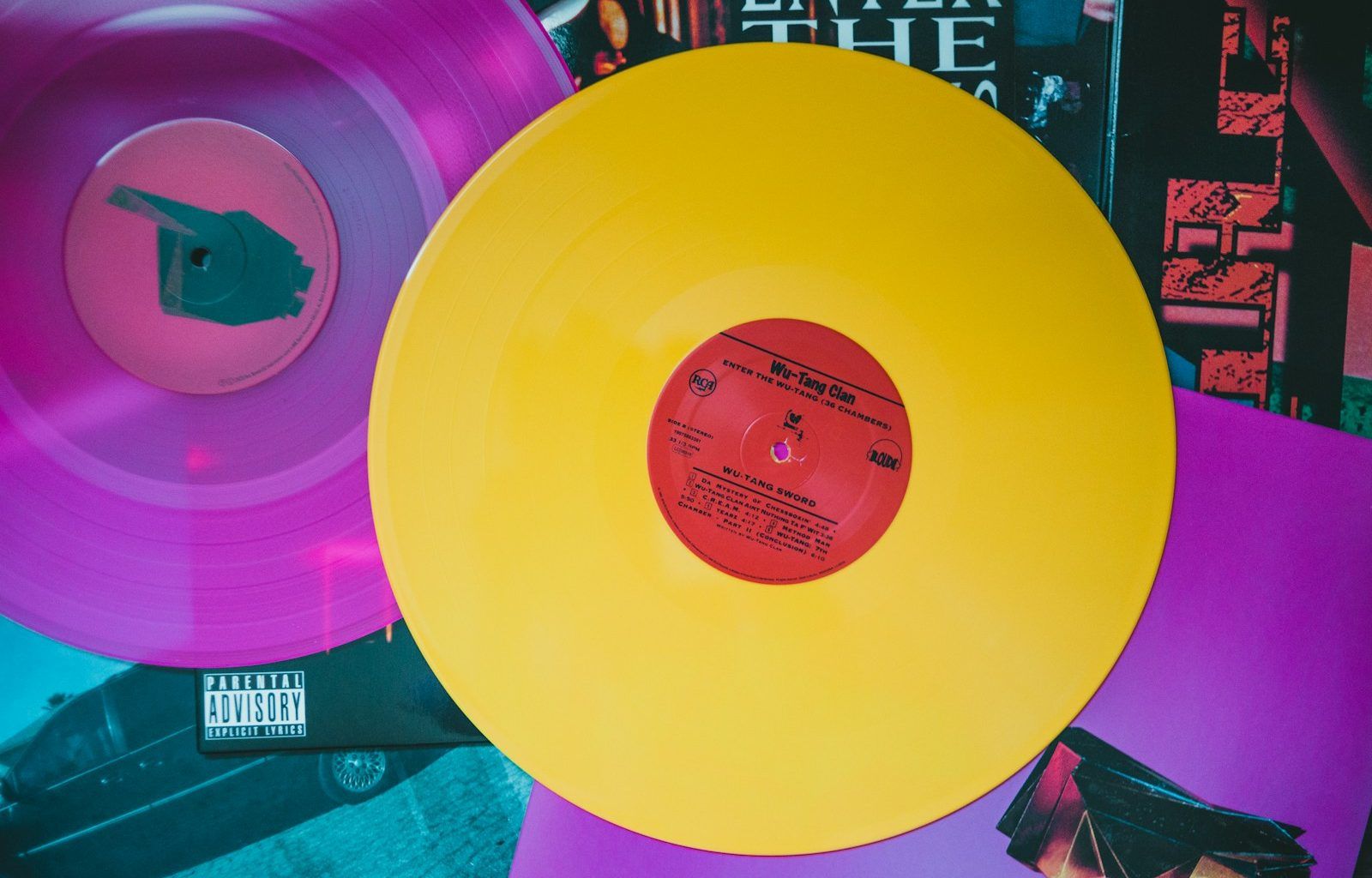If you’ve ever come across the term define ep albumand wondered what it means, you’re not alone. The world of music is full of unique terms and concepts, and EP is one of those that often sparks curiosity. So, let’s break it down in the simplest way possible.
EP stands for “Extended Play.” It’s a type of music release that sits somewhere between a single and a full-length album. While a single usually features just one or two tracks, and an album often contains 10 or more, an EP typically includes around 3 to 7 songs. This makes it longer than a single but shorter than an album. In a way, you could think of it as a mini-album.
EPs are a popular choice for musicians who want to share more than just one song but may not be ready to release a full album. They’re also a great way for new artists to introduce their music to the world without the pressure of creating a full-length record. Many well-known musicians have started their careers with an EP before moving on to bigger projects.
The Origins of EP Albums
To truly define an EP album, it’s helpful to look back at its origins. The concept of the EP dates back to the mid-20th century, during the heyday of vinyl records. Back then, EPs were often 7-inch or 10-inch records that contained a few songs. They were a way for artists to release more music without the cost or effort of producing a full album.
In the 1950s and 1960s, EPs became especially popular in genres like rock and roll, jazz, and pop. They were often used to showcase an artist’s new material or to compile a few hits in one place. Over time, as technology evolved and music formats changed, the EP adapted too. Today, it’s a common format in digital music, streaming platforms, and even physical formats like CDs and vinyl.
Why Do Artists Release EPs?
EP albums serve many purposes in the music industry. Here are some of the most common reasons why artists choose this format:
- Experimentation: Artists often use EPs to experiment with new sounds, themes, or styles without committing to a full album. It’s a way to test the waters and see how fans respond.
- Cost-Effective: Producing a full album can be expensive and time-consuming. An EP allows artists to share their music at a lower cost while still offering more than just a single.
- Building Momentum: For new artists, an EP is an excellent way to build a fanbase. It’s a stepping stone that helps them establish their presence in the music world.
- Filling Gaps: Established artists sometimes release EPs between albums to keep fans engaged. It’s a way to maintain interest and excitement while they work on their next big project.
- Creative Freedom: EPs offer more flexibility than full albums. Artists can experiment with different genres, collaborate with other musicians, or tell a story through a shorter collection of songs.
How is an EP Different from an Album?
Now that we’ve defined an EP album, let’s look at how it differs from a full album. The most obvious distinction is the length. Albums typically feature 10 to 15 tracks and can run anywhere from 30 minutes to over an hour. EPs, on the other hand, usually have 3 to 7 tracks and last about 15 to 30 minutes.
Another key difference is the purpose. Albums are often seen as major artistic statements. They’re usually more cohesive and tell a broader story. EPs, however, are more like snapshots. They give listeners a taste of what the artist has to offer without diving too deep.
Famous EP Albums
Many legendary artists have released EPs that left a lasting impact on the music world. For instance, The Beatles’ “Twist and Shout” EP introduced millions to their energetic rock and roll sound. Similarly, Nirvana’s “Blew” EP showcased the raw grunge style that would define their career.
More recently, artists like Billie Eilish, The Weeknd, and Arctic Monkeys have used EPs to launch their careers. These shorter releases helped them connect with fans and gain recognition before releasing full-length albums.
How to Define an EP Album in Today’s Music World
In the digital age, the definition of an EP album has become more flexible. With the rise of streaming platforms like Spotify and Apple Music, the traditional boundaries between singles, EPs, and albums have blurred. Some artists release collections of songs that they call EPs, even if they don’t fit the classic format.
For listeners, the term “EP” now serves as a general indicator of length rather than a strict definition. It tells you that the release is longer than a single but shorter than a full album. And for artists, it’s a versatile format that allows them to share their creativity in a way that suits their needs.
Why You Should Listen to EPs
If you’ve never explored EP albums before, now is a great time to start. They offer a unique listening experience that’s different from both singles and full albums. Here are a few reasons why you should give them a try:
- Discover New Artists: EPs are often the first step for emerging musicians. By listening to them, you can discover fresh talent before they become mainstream.
- Quick Listening: EPs are perfect for when you want to enjoy music but don’t have time for a full album. They’re short, sweet, and easy to digest.
- Diverse Styles: Because EPs are less risky, artists often use them to experiment. This means you’re likely to find unique and innovative music.
- Support Creativity: By streaming or purchasing EPs, you’re supporting artists in their creative journey. It’s a way to show appreciation for their work and encourage them to keep making music.
How to Find EP Albums
Finding EPs has never been easier. Streaming platforms like Spotify, Apple Music, and YouTube offer countless options. You can search for your favorite artists or explore curated playlists that highlight EPs. Many artists also share their EPs on social media, so following your favorites is a great way to stay updated.
For those who prefer physical music, EPs are available on vinyl, CDs, and even cassette tapes. Record stores often have dedicated sections for EPs, making it easy to browse and discover something new.
Conclusion
define ep album is about more than just understanding its length or format. It’s about appreciating the unique role it plays in the music world. Whether you’re a casual listener or a dedicated fan, EPs offer a way to connect with music on a deeper level. They’re a platform for creativity, experimentation, and discovery.
So the next time you see an artist release an EP, take a moment to listen. You might just find your new favorite song or discover a musician who’s about to take the world by storm. And remember, music is all about the journey. An EP is just one more stop along the way, but it’s a stop worth making.
For further reading, explore these related articles:
- The Biggest Boy Band in the World: Their Journey, Success, and Global Love
- The Ultimate Playlist of the Best Weed Songs for Every Mood
For additional resources on music marketing and distribution, visit DMT Records Pvt. Ltd..






